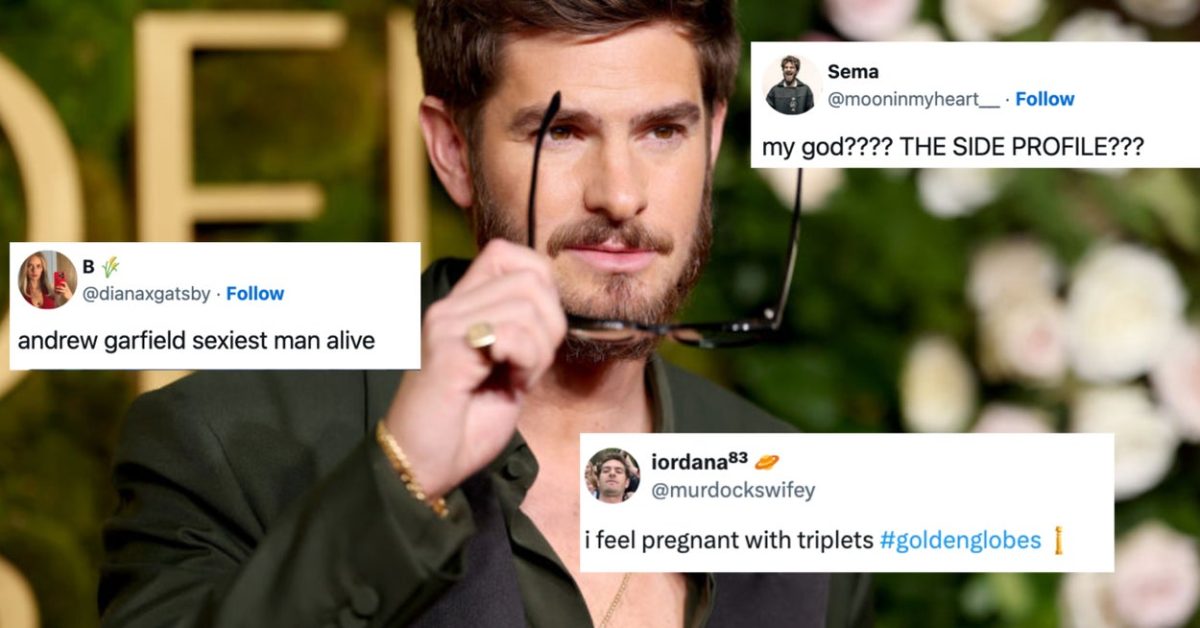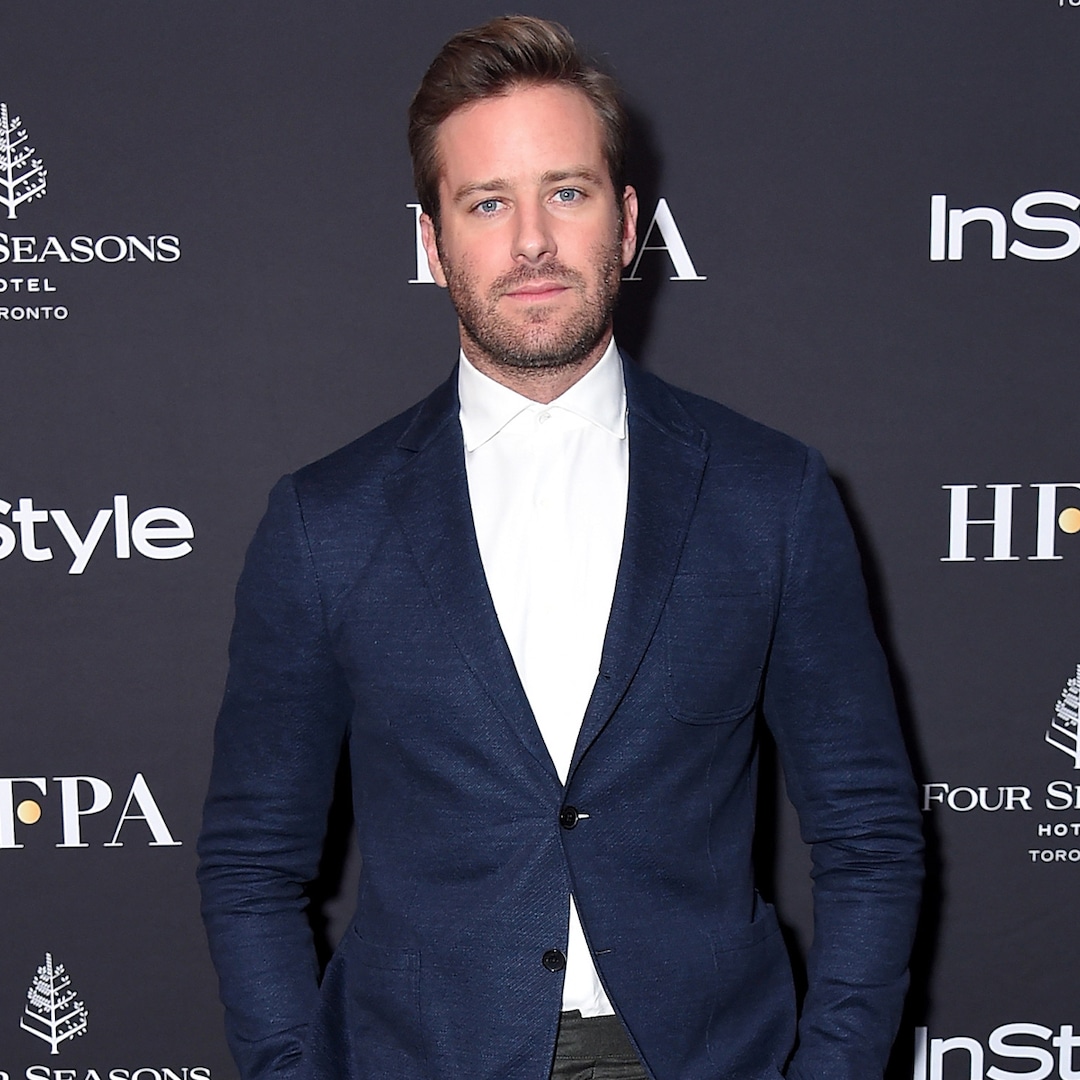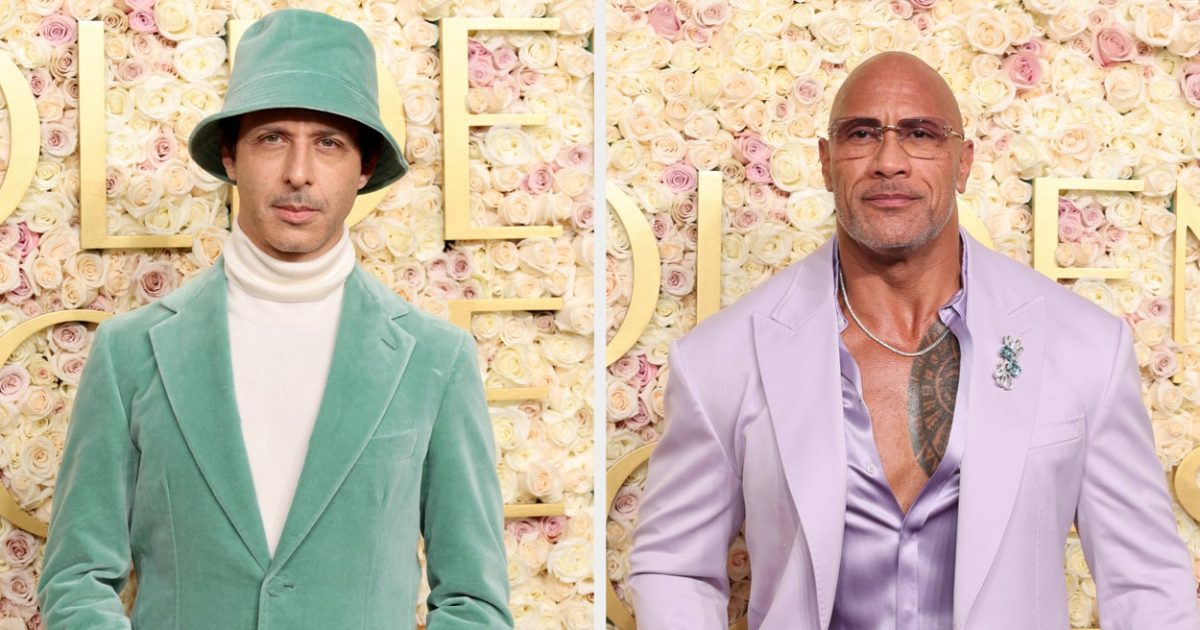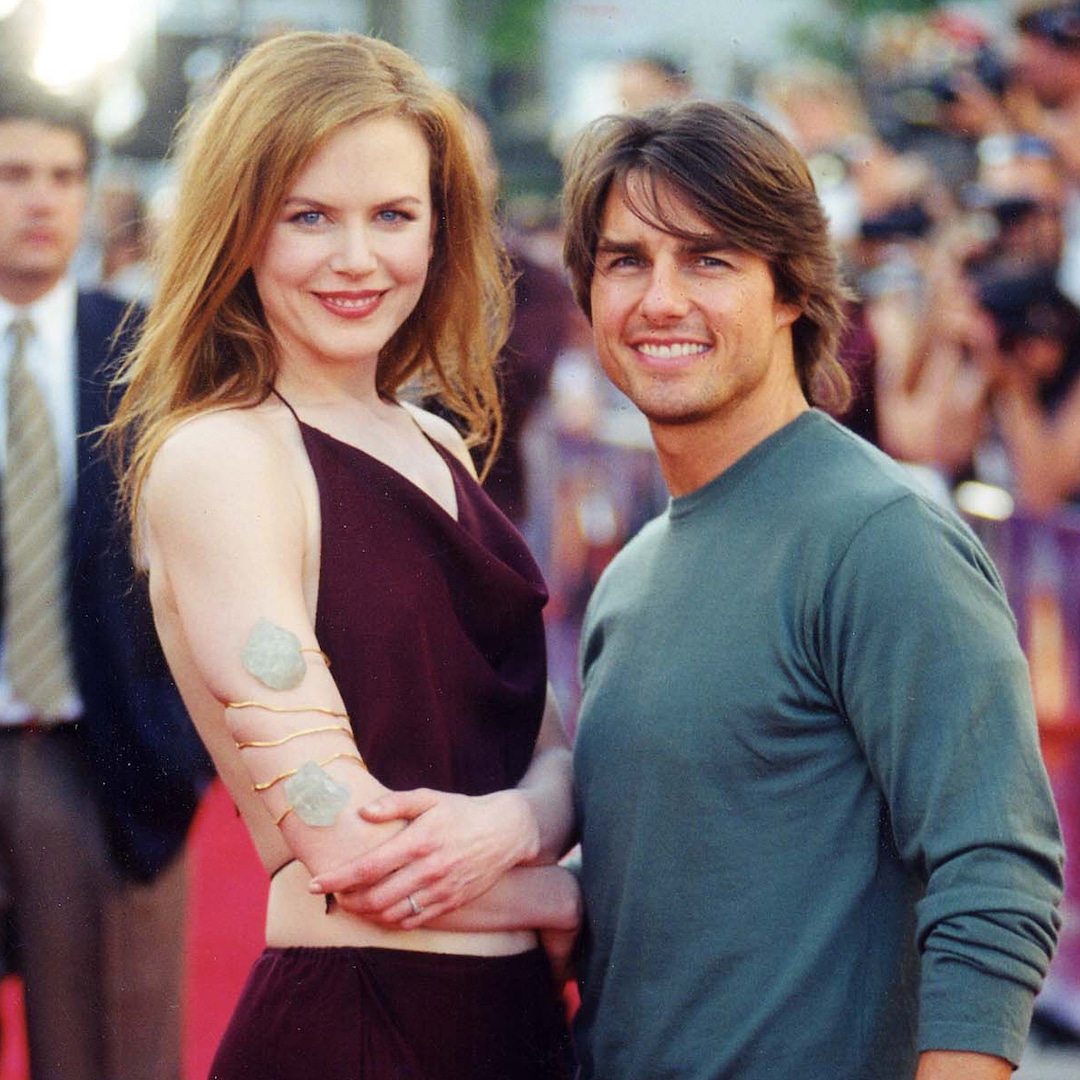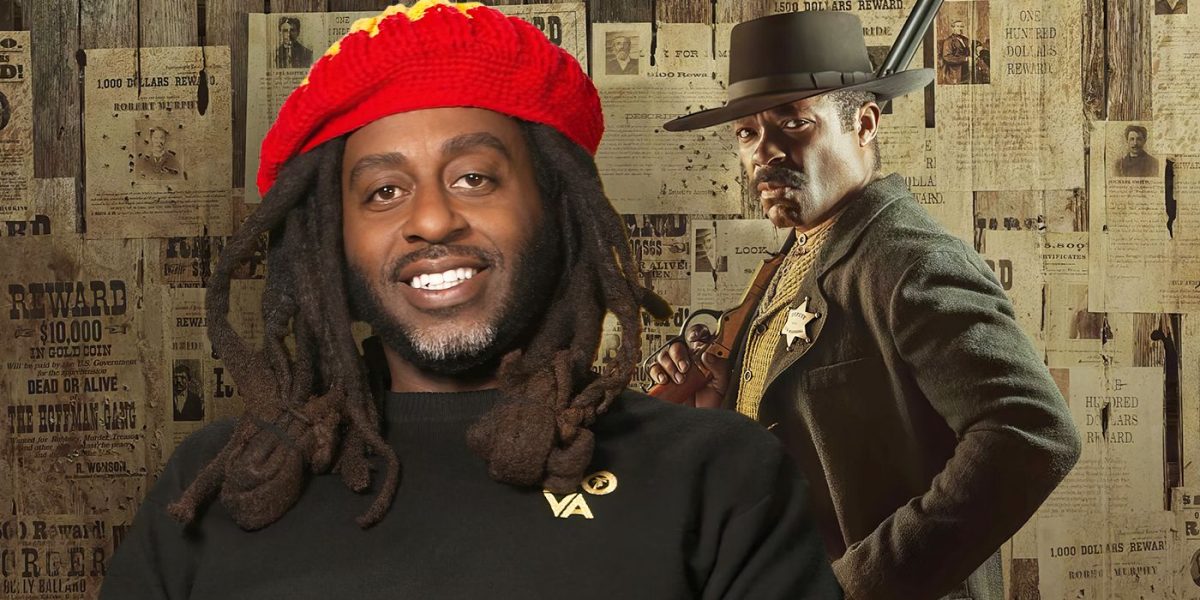
Bass Reeves Director Reveals How Taylor Sheridan Adds to Each Script
Nov 5, 2023
The Big Picture
Lawmen: Bass Reeves is a historical drama series on Paramount+, created by Chad Feehan and executive produced by Taylor Sheridan. The show stars David Oyelowo as Bass Reeves, a former slave who became one of the first Black deputy U.S. marshals in the 1800s. The series showcases Reeves’ triumphs as a marshal and highlights the challenges he faced as a Black man in a position of authority during a racially unjust time.
The next series from executive producer Taylor Sheridan, created by Chad Feehan, is Paramount+’s historical drama Lawmen: Bass Reeves. The show stars Emmy Award-nominee David Oyelowo, who also serves as an EP, as the historical figure Bass Reeves in the eight-episode anthology series based on the man who was allegedly the inspiration behind the Lone Ranger. Reeves was a man who was born into slavery, who escaped the Civil War, lived among the Native Americans learning their languages and skills, and went on to become one of the first Black deputy Marshals in 1875 despite racial injustices.
For fans of Sheridan’s Yellowstone or 1923, Lawmen: Bass Reeves is another researched period piece that boasts stellar talent, like Oyelowo, Donald Sutherland, Dennis Quaid, and Lauren E. Banks and sets built against real backdrops depicting the harsh living conditions of the West in the 1800s. The show highlights Reeves’ legendary triumphs in his time spent as a Marshal, having apprehended over 3,000 criminals, all while experiencing not only the hardships of the time but of the prejudices against him as a Black man with a badge.
In an interview with Collider’s Steve Weintraub, Damian Marcano (Chee$e), the director for Episodes 4, 5, and 6, details the challenges the cast and crew faced filming Bass Reeves in Texas to capture the Oklahoma territories Reeves patrolled. He discusses why it took five-and-a-half months to shoot three episodes, what Oyelowo brought to the character, the shorthand they developed on set, being “knighted” an unofficial U.S. Marshal, and how Sheridan pinpoints the “human element in each script.” Check out the full interview in the video above the article or in the transcript below.
COLLIDER: Is having David as your lead actor like having a cheat code in a video game?
DAMIAN MARCANO: Yes. [Laughs] Yeah, because he gives you a little bit more than what you got on the page, and I don’t mean in the fact of lines. He’ll perform all the lines as beautifully as written. I guess as a Rasta man, I would probably tell you about reggae music having its own beat and its own cadence and its own reverb; that’s what David does. So David adds a perfect reverb to what the other actor might be doing, which is just a regular drum pattern.
Image via Paramount+
Can you talk a little bit about actually working with him specifically on set, crafting his performance? Are you just whispering something? Could you talk about the way you collaborated on set?
MARCANO: On set, it was more so just like these looks that we would have for each other once our shorthand sort of got to that. It doesn’t take very long for you as a talented director and as a talented actor to realize you are in the presence of each other, and at that point, it’s just like high five, “Let’s go win this game.” But he would always remind me, you know, I’m from Trinidad, he’s a Nigerian guy from London, and here we are in America getting to tell a story, and I think we owe it to our audience to really truly give them our lens. It’s like, why not, right? Why can’t two Black guys from wherever the hell we are in this world dream up something beautiful that no one’s ever seen before?
We would always take what our writers gave us as this beautiful foundation that told all of the departments what to do, what to build, what to make, and we would sort of inject ourselves in the middle there and just kind of say, “What more could we give to this moment?” And it was always an honest thing. If I said we were done, David might just look at me, and I’ll be like, “No, we’re going again for him,” because there was this unspoken look that there was something else that he had in his spirit that needed to get out.
One of the reasons why Taylor Sheridan’s shows resonate with so many people is that they’re filmed on location. They look like a movie production, but it’s being told on television. But it also means incredible challenges for the cast and crew working in those environments. Can you talk about the unique challenges that you faced for the three episodes you directed?
MARCANO: The state of Texas being at the top of the list – its weather conditions. Yeah, it decided what we would do when we would do it. So, it took me, I think, five-and-a-half months to complete three of these episodes. And yeah, it was just truly art. It isn’t the kind of thing that you can go in and say, “Why aren’t the stage lights working?” You’re like, “No, there’s a storm moving over those plains, and we just can’t shoot that right now. The entire company is gonna be in danger. So, guess what? We can’t shoot that right now.”
That is a creative frustration, I think more so for directors and actors who have sort of gotten themselves prepared to come in and film this right then and right now, but Texas makes you have to approach it from the optimistic side, which is: what can we do right now? And a lot of times, we were faced with that. But yeah, you start out a little tough. You start out being like, “Man, I hope we’re getting everything,” but then we’d start watching these dailies, and then David would start calling me on the weekend. I think by then, we were fully locked in. You realized the opportunity of what we have to tell here, and if these dailies are looking like anything that we think they are, I think this is gonna be great for our audience.
Image via Paramount+
You directed three episodes. How much were you able to block shoot and film a bunch of things?
MARCANO: You weren’t really able to because, in a traditional block schedule it does give you the ability to sort of cheat a little bit and make up some time, but yeah, Texas didn’t really provide. It was more like a checkerboard schedule because we probably had a set that was a 250-mile radius. We’re in Texas, so it’s huge, man. So we’re on this ranch today, we’re on that ranch tomorrow because there’s a water feature. We are at this ranch because we need to do a railroad track set extension. But at the same time, it was a joy.
From what I do, every time we do these projects, we have to essentially, at some point, hand them over to the audience, right? The audience is taking our judgment for that. “Wow, this is the best they could have done in 2023 at telling the story.” This was like Texas’s way of saying, “Well, I’m gonna show you something else on top of that.” And this is the joy of filming on location and not having stage days.
Talk a little bit about editing the episodes and perhaps how they changed in the editing room in ways you didn’t expect.
MARCANO: Well, for me, the edit process kind of started when the strike started. I was actually in Chicago getting ready to start a new show, and I think we got paused after four days. So, I came back to LA, and I realized post was just two-and-a-half minutes down the street, so I went, and it was a joy. So many of us had been in that Texas pressure cooker for five-and-a-half, six months that there were times, just honestly speaking, even as directors, you know, Christina [Alexandra Voros] and I may have an honesty moment, like, “God, I hope I’m shooting okay.” Because, I mean, you only have two directors here. So you’re like, “God, I hope I’m not doing the same thing over and over. I hope my whole episode isn’t repetitive,” and then you get a chance to go to post where your editors have now taken this in for the first time.
There is something, there’s some little light email correspondence you get throughout that says, “Wow, thanks for sending me this scene,” or, “This is amazing,” or, “That’s amazing.” So being able to go to post also in a time after COVID when COVID and a lot of posts were done remotely, it was just a blessing, man, to be able to get in there and sort of actually get your hands dirty and actually cut the film with the editors. That was a joy.
Image via Paramount+
I can’t believe that it’s only eight episodes. What were some of the things that you learned about his life that really surprised you?
MARCANO: I think, overall, it’s just how tough it was to be him at the time he was him. You know, there weren’t too many Black men with guns and badges to have the guns at that time, so I’m sure that even him arresting certain people is almost sort of jovial in a sense. So, I love that part of his story. That would have been a part that I would have never gotten from any of the history books, just sort of personally speaking. When you, as a person that’s sort of been granted authority by one powerful white man, has to go out and essentially tell everyone else, “Hey, you gotta listen to this guy, right? He said I’m him, so I have to be him.” But are people gonna listen? So, that was the most interesting part of the story for me. It was kinda like, here’s a lawman, you know, are we just gonna come willingly?
Talk a little bit about Taylor Sheridan because he definitely has his hand on the pulse in terms of what people wanna watch. What do you think it is about his storytelling that has so many people wanting to watch the stuff that he makes?
MARCANO: It’s just finding the human element in each script. I think a lot of people make scripts that are like, “Oh, wait until the audience sees this,” or, “This is gonna blow everyone’s mind.” And I do believe that even in the large universe that Taylor’s created, you watch all of them, and you somehow feel like, “That’s me.” Like, I just watched Lioness, and I was like, “Hey, man, I relate to this. Why do I relate to this? I am not a CIA operative.” I mean, if I was, I’d be like one of the most brilliant CIA operatives ever, right? But yeah, you watch it, and there’s something in there. I don’t know if it’s his time spent acting in this business maybe at a time that he wanted to make suggestions and he couldn’t, but I think he’s definitely, as you said, put his hand on the pulse because it has now infiltrated our living rooms and we are now feeling like, “Oh, this is just capturing me and my family. Yellowstone just happens to be about a family from Queens,” or what not. We all see ourselves in a little bit of something, and I think Bass Reeves is no different.
I think you would be an excellent CIA agent because you don’t look like what I would consider to be an agent.
MARCANO: Maybe this would be the new show in the Taylor Sheridan Universe. CIA.
Image via Paramount+
You obviously must have had an amazing experience making the show. What’s a day that you will remember forever when you were on location filming?
MARCANO: Oh, man, it was actually my last night there. We were shooting a thing, it’s like the toughest prison in the west at the time, and the camaraderie had just gotten so amazing at that point. We had, I don’t know, 60-something extras in this prison scene. My first AD went in there, and he said, “Damian wants you guys to be very loud, and you don’t even care that Bass Reeves walks in. You guys are the hardest criminals.” So, in between each take it was noisy. This was like this 1800s prison, and we cut, and we were going again, and one of the extras just sort of got up from his cot, and, I don’t have it with me now, but he handed me an actual US Marshals badge and he said, “Hey, on behalf of the Marshals in Oklahoma, we just wanted to say that we’re really proud of what you’re doing here and giving a chance for us to even take our history in again.” And he’s like, “You’ve kinda officially been knighted, man.”
So, I guess I am an off-duty Marshal from the state of Oklahoma. Anything like that has never happened to me while filming on a show, man. So the fact that we had extras that were just, everyone was feeling the energy, everyone was feeling the vibe, feeling the emotion of what we were doing and the magnitude of it, and to see it happen right there on set was kinda cool.
Watch Lawmen: Bass Reeves here.
Lawmen: Bass Reeves About the legendary lawman Bass Reeves, one of the greatest frontier heroes and one of the first Black deputy U.S. marshals west of the Mississippi River in American history. Release Date November 5, 2023 Cast David Oyelowo, Dennis Quaid, Joaquina Kalukango, Justin Hurtt-Dunkley Main Genre Western Genres Drama, Western, Biography Seasons 1 Creator Chad Feehan
Publisher: Source link
The Internet Has Officially Lost It Over Andrew Garfield's Slutty Glasses
That man knew exactly what he was doing with those glasses.View Entire Post › Disclaimer: This story is auto-aggregated by a computer program and has not been created or edited by filmibee.Publisher: Source link
Jan 9, 2025
Armie Hammer Lands First Movie Role Since Cannibalism Allegations
Armie Hammer Cameos As “Kannibal Ken” in Music Video 4 Years After Cannibalism ClaimsArmie Hammer is heading back to the big screen. More than one year after the Los Angeles Police Department ended their lengthy investigation into the Call Me…
Jan 9, 2025
20 Best Dressed Men At The 2025 Golden Globes
20 Best Dressed Men At The 2025 Golden Globes The televised portion of awards season is here! On Sunday night, the Golden Globes were held in Los Angeles, kicking off what looks to be a lively next several months of…
Jan 8, 2025
Tom Cruise & Nicole Kidman’s Son Connor Shares 2025 Update in New Pic
Tom Cruise and Nicole Kidman's Son Connor Cruise Golfs With Crocodile in New PostTom Cruise and Nicole Kidman's son is teeing up for a great year. Connor Cruise recently kicked off 2025 at the links, swinging by Lost City Golf…
Jan 8, 2025








